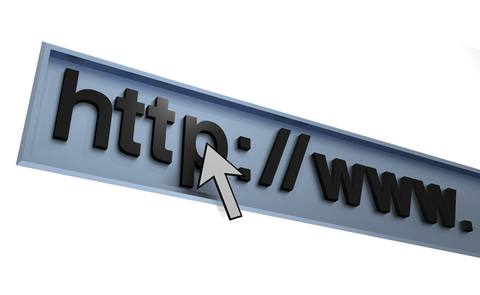Exploring the Basics of DNS
What’s in a name? In the case of DNS, the answer is quite a bit. DNS, or Domain Naming System, is one of the basic building blocks of the online world. This naming system allows a computer to be identified by other machines, which is essential to web based communications. Most systems automatically set a DNS, but there are advantages to knowing more about it and being able to customize the system for your own purposes. Read on to find out more.

The Phone Book of the Internet
Many people refer to DNS as the phone book of the Internet, because that is essentially what it is. If a site’s public IP address serves as its phone number, its DNS name is the actual phonebook listing. To clarify, every website out there has a public IP address. This is usually represented by four sets of numbers separated by dots, such as 208.102.31.80. In fact, if you type in “http://” followed by the IP address into your browser’s navigation bar, you will land at that site just as though you had entered its domain name. However, most people remember names better than numbers, so it’s easier and more effective for a company to use a memorable domain name rather than the public IP address.
How you can Control your DNS Destiny
Because DNS handles the naming logistics of so many websites, and because many people who access a site do so because the domain name is easy enough for them to remember, understanding this system is an important step to drawing traffic to your own site. One thing you should be aware of is the DNS hierarchy. DNS recognizes top-level domain names first, such as www.domain.com or www.domain.net. Fr om there, it breaks domains down into second tiers, such as subdomain.domain.com. When you establish your domain, you will want to figure out whether you want to rely on somebody else’s DNS choices, which costs less, or use your own DNS server, which provides more freedom.
Configuring a Domain
Personal blogs and websites often piggyback on other DNS servers. For example, a typical free blog might be blogalot.wordpress.com, which uses the WordPress site. This is a fine free option, but it is not usually one that businesses want to make use of. Many people tend to take a company less seriously if they can’t even afford to put up their own domain name. There are other options that allow you to use another DNS server but mask the true domain name with an alias. In that example, blogalot.wordpress.com becomes www.blogalot.com, with no one the wiser. This is inexpensive, but you should consider how much control you want before going down that avenue.
Using Somebody Else's DNS Server
In the aforementioned option wh ere you use somebody else's DNS server, you have the advantage of having to do a minimal amount of work on the actual server. You won't need to maintain the actual structure of the site, but will instead have only a small domain that you need to be responsible for. However, that means you won't have much control over what's being done, either. You can't fix downtime yourself and you are at the whims of the server owner. This option is good for companies that do more business offline than online and that use their site as a placeholder for contact information and other extremely important data.
Using your own DNS Server
If you plan to have an online store, a blog, forums, or several subsites, then you should strongly consider owning your own DNS server. This gives you full control over your domain in many different capacities, and it gives you the chance of naming every part of your domain. Remember that DNS is not just for visitors, but also for your internal personnel, site administrators, and others who might be able to benefit from the naming service. Owning a DNS server does come at a cost, since it means you have to pay more in domain costs, hire IT personnel to manage it, and take steps to back up all of your data yourself. However, if you do a large amount of business on the web, it will certainly help you.
Without DNS, the Internet would be a much more confusing place. DNS allows us to find sites that we want easily, and it allows similar sites on a server to be grouped together. For businesses, it can be a great tool when used properly, even if there are some challenges that come along with that.